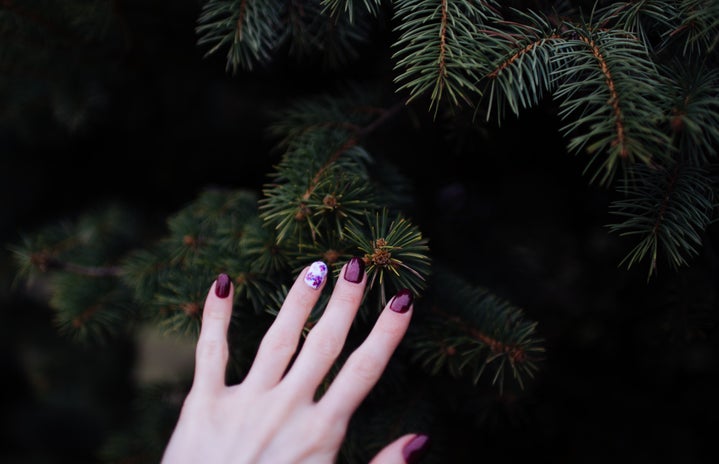For those of you new to keeping houseplants, you’ve probably killed your fair share of greenery. I myself used to overwater, hide away, and/or forget about my plants altogether. But as you get better at taking care of your plants and grow a connection to them, it can be hard to say goodbye! These are a few steps on how to grieve those plants and learn how to get better with them.
The first thing you need to do is not blame yourself too harshly! Some plants just can’t sustain the transfer of soil or their new environment — and that’s okay! When you get that first plant it’s hard not to overwater it, you just want to make sure it’s healthy. Those are good intentions, you just need a little practice! So don’t blame yourself for being a bad plant-parent, just try to learn from those mistakes and get better with your new ones.
When your plants are beginning to look dead, with leaves wilting and stalks moulding, you probably won’t be able to save the entire thing. What you can do to make your little guy last is to propagate it! Cut a stem off the stalk of the plant and put it in some water to let the roots grow. After some strong, long, roots begin to grow in the water, you should be able to transfer them to some soil and get another great plant! Make sure the soil is very wet for another couple of weeks though, so that the roots can make a good transition to the dirt.
Even after this, however, some plants just won’t come back — and that’s okay too. Like I said before, if you’ve given it your best shot, there’s no need to fault yourself. What you can do is recycle/repurpose that dead houseplant in your garden! Yes, that’s right, your dead little fella can live on by sustaining your other plants, and that’s a beautiful thing. Simply take your dead plant out of its soil and bury it in the earth around your garden. Cutting it up will allow the nutrients to spread faster, and letting it ferment in water overnight can really help form strong nutrients that will water your garden at the same time!
So while having your plants die may be heartbreaking or bring on a wave of guilt, it’s important to know that your plants will always live on through propagation, fertilization, and yourself! Never give up — and remember, everyone has a green thumb!



